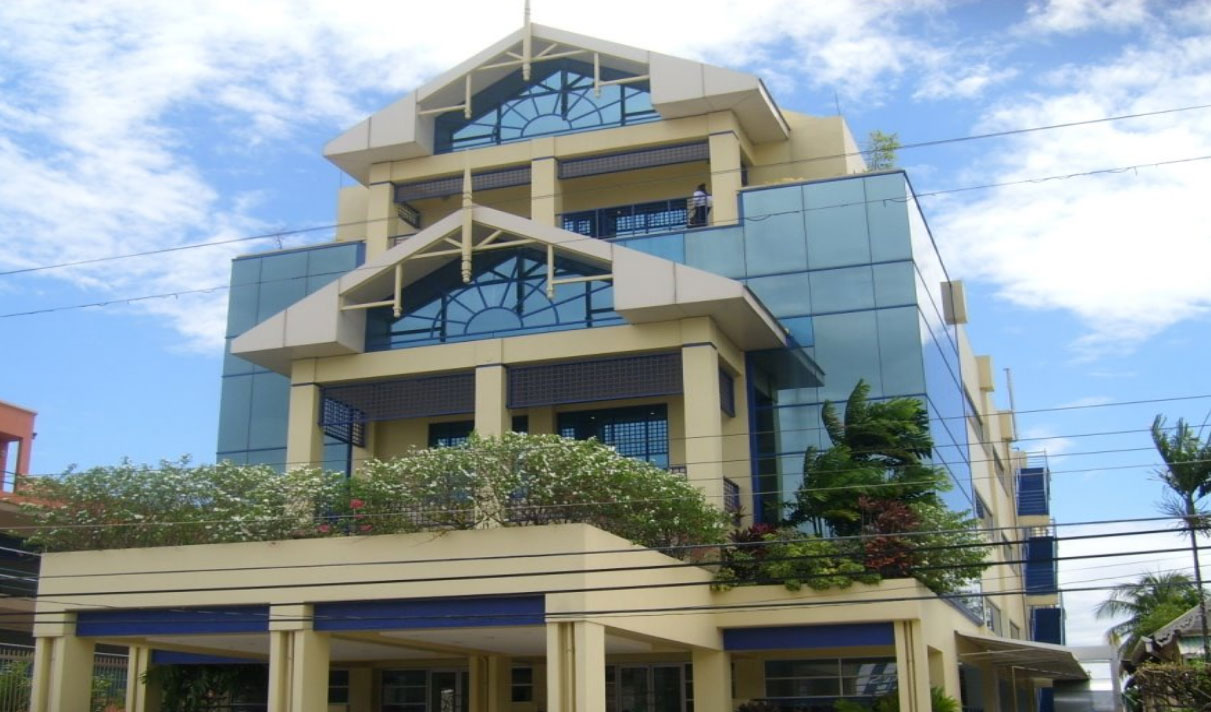The Role, Function and Jurisdiction of the Service Commissions
The Public Service Commission as we know it today was preceded by the Civil Service Selection Committee and the Civil Service Staff Board which were established for the purposes of appointments, promotions, transfers and discipline in 1928 and 1936 respectively. The public Service Commission was first constitutionally entrenched in 1959 and subsequently in the 1962 Independence Constitution and the Republican Constitution, 1976, Sections 120 and 121. The Public Service Commission has jurisdiction over the Civil, Fire and Prison Services
The Police Service Commission and the Judicial and Legal Service Commission were established in 1960 by amendment of the Orders in Council which existed to advise the Governor on matters relating to the appointment, promotion, transfer and discipline of members of the Police Force and persons holding posts in the Public Service requiring the possession of legal qualifications respectively. They were similarly entrenched in the 1962 Constitution and in the 1976 Republican Constitution – the Police Service Commission under Sections 122 and 123 and the Judicial and Legal Service Commission under Sections 110 and 111. In recent times the Constitution (Amendment) Act, 2006, (Act No. 6), has repealed Section 123 of the Constitution to limit (and expand) the powers of the Police Service Commission relative to persons holding or acting in the offices of Commissioner and Deputy Commissioner of Police only and to also hear appeals against the decision of the Commissioner of Police with respect to discipline and promotions.
The Teaching Service Commission was established in 1968, also by an amendment of the Constitution, to deal with the recruitment, promotion, transfer and the discipline of members of the Teaching Service.
Ideology behind the Establishment of the Service Commissions
The 1962 and 1976 Constitutions sought to insulate the various Services from political influence exercised directly upon then by the Government of the day. To guarantee that status of the respective Services, legal and procedural safeguards were put in place making the Service Commissions fully autonomous and vesting in them, to the exclusion of any either person or authority, the power to make appointments to the relevant Service, promotions and transfers within the Service and power to remove and exercise disciplinary control over the members thereof. Further, the Service Commissions are precluded by the Constitution from forming any part of the Service of the State (Section 3) (4) (b) (iii) of the Constitution of the Republic of Trinidad and Tobago).
By the entrenchment of the Commissions the framers of the Constitution had the objective therefore of establishing non-political bodies in high public regard with a view to maintaining a neutral Public Service operating by the merit principle and free from the undesirable effects of discrimination, nepotism and injustice.




